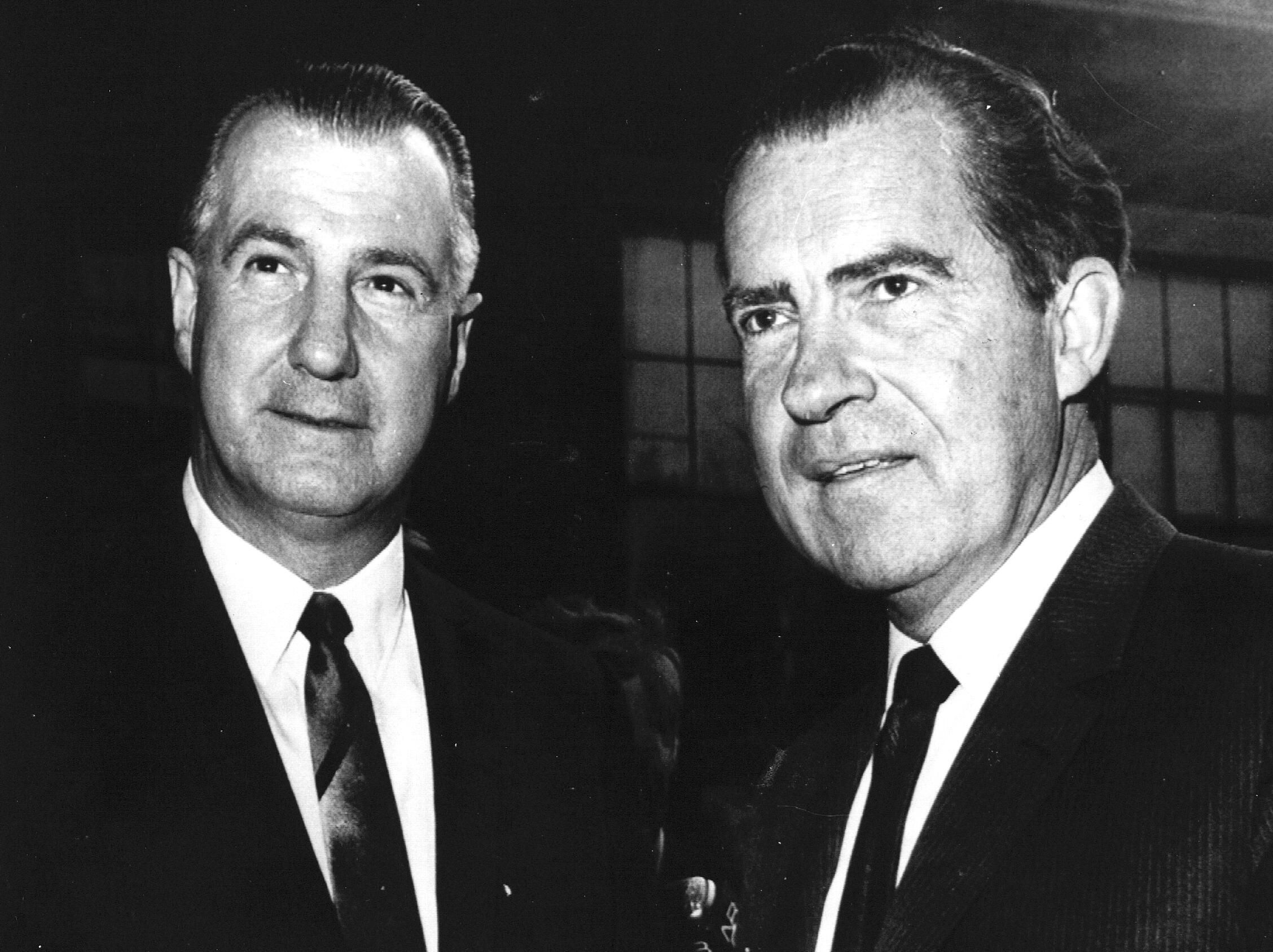Joe Biden called the US Supreme Court’s ruling on presidential immunity “a dangerous precedent.” But why wasn’t he actually happy about it?
Prosecuting someone for crimes committed as president is difficult and in some cases impossible, according to the ruling written by Chief Justice John Roberts and adopted 6-3. This protects Biden when he leaves the White House from the criminal charges that Donald Trump is now threatening him with.
In fact, if one follows the analysis of one of the dissenting members of the court, Sonia Sotomayor, Biden could even have Donald Trump assassinated this week. Not by a mobster; then it was a private and simply punishable action. But you can hire a military sniper. You are either commander-in-chief of the armed forces or you are not.
Biden, however, does not want that gift, worried as he is about what a re-elected Donald Trump would do with it.
Crimes against the United States
Lawyers from left to right called the ruling radical and historic. Until now, it had simply been taken for granted that a president could be punished for his actions.
When Trump was not convicted by the Senate in 2021 after the Capitol assault and barred from a future presidency, Republican Party leader Mitch McConnell said that did not mean he was blameless: “We have criminal law in this country, and we have civil law. Former presidents are not immune.”

And when President Gerald Ford pardoned his predecessor in 1974 over the Watergate scandal, he explicitly stated that this was because otherwise he “risked being indicted and tried for crimes against the United States.”
Apparently he was wrong, and Richard Nixon was posthumously right when he defended himself in a later interview with the words: “If the president does it, it’s legal.”
Heart and soul cut out
“Make sure you only conspire with other people who work for the government. You will never have to answer for it,” Michael Waldman of the Brennan Center for Justice at New York University wrote on the institute’s website after the ruling. The Brennan Center is on the progressive end of the political spectrum. But conservative lawyers also expressed concern. “The Supreme Court has ripped the heart and soul out of America,” former appeals court Judge Michael Luttig told MSNBC. “You can no longer say that in America, no one is above the law.”
But here and there the claim received support. Without immunity, “former presidents would have to endure years of lawsuits, with unprecedented allegations based on their speeches, negotiations with state leaders, Congress or other countries, or executive orders that may not have a clear legal basis, such as the vaccination requirement,” wrote Elizabeth Foley, a law professor at Florida International University, and David Rivkin, legal adviser to Presidents Ronald Reagan and George H.W. Bush. The Wall Street Journal.
And on the right-wing Fox News channel, Stanford University law professor John Yoo claimed that the court rightly wants to prevent presidents from having to “constantly look over their shoulder, in fear of being prosecuted one day, as they make difficult decisions, like whether to attack enemies with drones and things like that.”
Like Rivkin, Yoo was once an adviser to a president. He was the one who argued in a memo to George W. Bush that torturing terrorist suspects could be legal.
constitutional parody
Having served in the White House may provide a different perspective on the role of a president than having served as a judge, more than one commentator noted. Of the six conservative justices who approved the ruling, three clerked for Ronald Reagan and two for George W. Bush. There they experienced the extent to which norms and laws can hinder presidents. Of the dissenting liberal justices, only Elena Kagan had such experience, in the Bill Clinton administration.
It led to a decision on which the court was deeply divided. And that should not have happened in a ruling that declares such a fundamental shift in the balance between the president, the judiciary and Congress, said Jed Handelsman Shugerman, a law professor at Boston University, who calls the ruling “a historical and constitutional travesty.”
When the Supreme Court had to decide Nixon’s fate by ordering him to release audio recordings, the vote was 8-0, Shugerman said on his university’s website. That made the statement authoritative. “There was clearly room for a more unanimous statement here. But[Chief Justice]Roberts was stubborn.”
Read also:
Supreme Court ruling does not grant Trump immunity, but it does favor him
After the long-awaited Supreme Court ruling, Donald Trump is celebrating. As a former president, he enjoys partial immunity.





